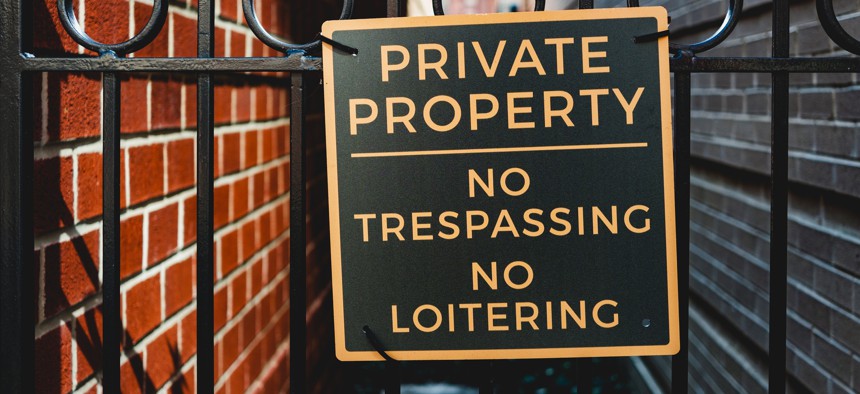Housing Program Shows Signs of Helping Homeless While Reducing Arrests

Grace Cary
A new study finds an initiative in Denver has the potential to break a cycle of police spending hundreds of hours arresting people repeatedly for minor infractions.
Pairing housing with support services for people who are homeless could significantly reduce the amount of time that police spend making arrests for low-level offenses, while also giving more people a stable place to live, according to a new analysis.
In 2016, Denver launched its Supportive Housing Social Impact Bond Initiative, which aimed to connect people with housing as well as services like addiction treatment and mental health programs. The initiative focused on people who had been arrested at least eight times over three years, with at least three of those instances having happened while they were unhoused.
The Urban Institute tracked the program’s implementation from 2016 to 2020 and released new findings on it on Tuesday.
Police in Denver spent 2,789 hours in 2018 making arrests for low level offenses among the population of people who met the criteria for the housing program, according to the new Urban Institute analysis. These offenses included things like trespassing, loitering or drinking in public. Police spent an additional 3,627 estimated hours on warrants when people missed their court dates, which is more common among those who are homeless.
If all 2,181 people eligible for the supportive housing initiative were enrolled, police would have spent 1,450 fewer hours arresting people for crimes associated with homelessness and the city’s overall homeless population would have fallen by 7%, the analysis estimated.
“Police don’t solve homelessness, they only move it around—to other neighborhoods, jails, and emergency rooms—rather than connecting people with the housing and services they need,” the report said.
Arresting unsheltered people for low-level offenses doesn’t necessarily stop them from trespassing, loitering or drinking in public again, the analysis also pointed out. Of the 535 people arrested for crimes associated with homelessness in 2018, 70% had been arrested at least once for a similar offense in 2017.
In 2018, 363 people took part in Denver’s supportive housing program. Among that group, there were 52% fewer offenses associated with experiencing homelessness, compared to a group of 361 people who sought other community care services outside of the program.
People who are experiencing homelessness are more likely to be arrested for minor infractions than people who have stable homes. But that’s not the case for other offenses, such as crimes against people, or theft, robbery or burglary, the report said.
For example, criminal trespassing accounted for 21% of all offenses committed by unsheltered people who had previously been arrested, compared to only 3% of all offenses committed by the general population. Meanwhile, compared to the Denver program’s target population, a much larger share of offenses within the city’s general population were for theft, robbery or burglary.
To read the full analysis, click here.
Molly Bolan is the assistant editor for Route Fifty.
NEXT STORY: Congress is Spending Millions on New Air Monitors. Will it Make a Difference?






